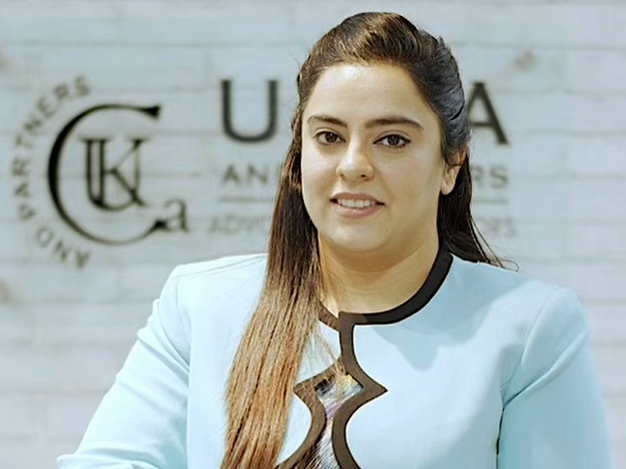
In this interview with ALB, Manisha Chaudhary, managing partner at UKCA and Partners, offers incisive perspectives on critical issues in Indian corporate law. She delves into the complexities of obtaining status quo ante orders in oppression cases, addresses the challenges facing the National Company Law Tribunal (NCLT) in merger approvals, and clarifies the jurisdictional boundaries between NCLT and arbitration in shareholder disputes.
ALB: Given the high threshold for interim relief in oppression cases, could you shed light on the evidentiary and strategic approach that would strengthen an application for status quo ante orders, particularly when seeking to protect minority shareholders from irreversible corporate actions?
Chaudhary: Status quo ante is one of the most difficult orders to get from any court. Clear prima facie instances of oppression and mismanagement have to be shown along with urgency, and in case the court does not reverse the actions taken prior to approaching the court, there will be no effective remedy left for the petitioner/applicant. Being summary jurisdiction, the more documented proof one can produce, the better. Being an equitable jurisdiction, where even a legal act can be set aside if found oppressive, whatever relief one seeks, it cannot defeat the interest of the Company. In derivative shareholder actions, courts are likely to grant status quo ante if it is shown that the actions are likely to affect the interest of the Company apart from being oppressive to the applicant. It also helps to show that judicial intervention is the only way since all reasonable negotiations have failed.
ALB: With the growing complexity and volume of merger schemes under the Companies Act, how can the NCLT address the current delays in merger approvals – would the government’s plans to increase bench strength be a solution to this issue of pendency?
Chaudhary: With limited benches and an overwhelming IB Code caseload, the NCLT is facing delays in approving merger cases. The NCLT has dedicated days for company law cases and checklists prior to filing and giving priority to merger matters over other company law matters; however, to further shorten the time, the filings done by lawyers have to be streamlined with all documents and disclosures with the use of technology and data rooms. All authorities and regulators should be given limited time to give consent/approval. There’s also room for fast-tracking simpler mergers. The government, on January 7, 2025. has appointed 24 new members, which should help ease the burden, but the infrastructure and supporting administration at NCLT need a complete overhaul for it to function at its best.
ALB: In light of recent NCLT and High Court rulings on overlapping jurisdiction, what factors determine the intervention of the NCLT in a shareholders’ dispute, particularly those involving shareholder agreements with arbitration clauses?
Chaudhary: In my opinion, the jurisdiction of the NCLT and the High Courts are distinct and cannot overlap. The issues and reliefs granted by either forum are not the same, as NCLT looks into instances of oppression, mismanagement, and violations of statutory provisions under the Companies Act, 2013, while issues tied to shareholder agreements or personal contractual rights are often sent to arbitration or are before the High Courts. In fact, recent court rulings have made this even clearer. If a dispute involves statutory rights, the NCLT’s authority stands, regardless of whether an arbitration clause exists. Arbitration works for private contractual matters, but once legal obligations under the Companies Act are in question, the tribunal’s role becomes unavoidable. This balance between arbitration and the NCLT’s jurisdiction continues to shape how corporate disputes are handled.


